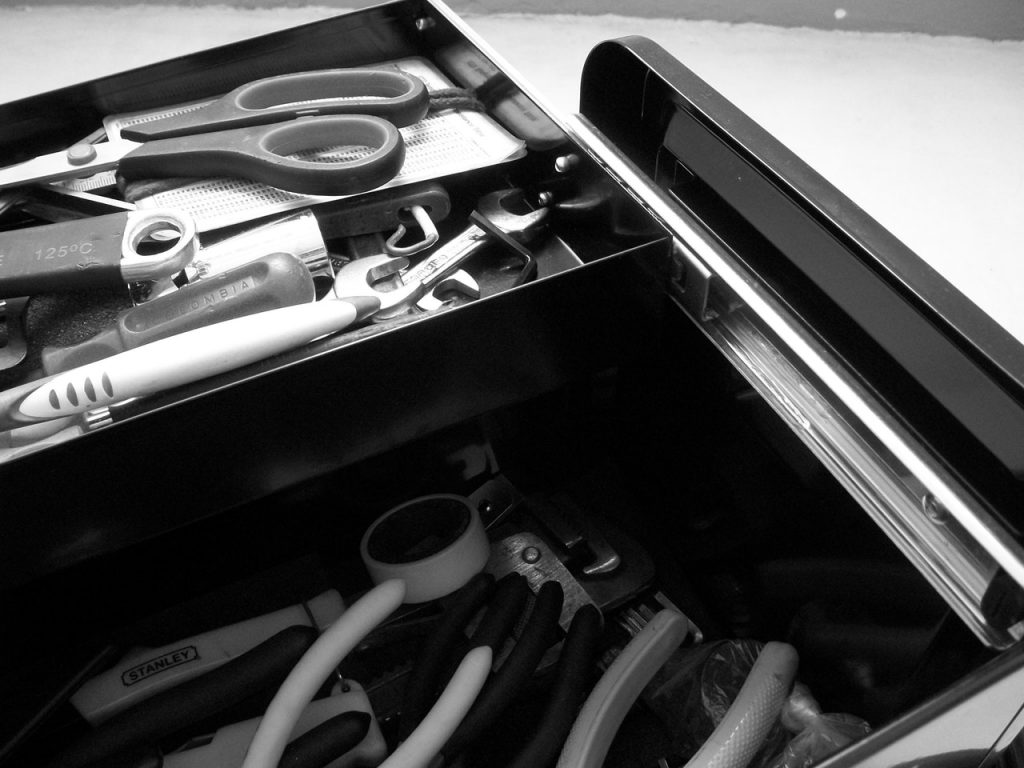Do You Feel Like A Spanner In The Works? Learning How To Be Handy With A Toolkit When You Have No Idea

It appears to be one of the skills that you either have or you don’t. While you might be a dab hand with designing your decor and getting the builders in to make the necessary changes to suit your vision, it always pays to be handy with a toolkit. But when it comes to something like a manual skill, it appears to be a fleeting ability nowadays across the board. And so, is there any way for you to become handy with a toolkit but you have no idea where to begin?
Get Your Resources Right
We’ve all heard that a shoddy worker blames their tools, and while this is such an easy thing to do, it is partly true, especially if they haven’t done their homework! If you don’t know where to begin, it’s all about finding the right resources that can teach you the appropriate lessons. Because it’s so easy to go online and find a bunch of YouTube videos that vaguely get across what you want to do, it’s not always clear-cut. This is why you’ve got to find the right resources that provide the best inspiration for your comprehension. There are plenty of resources online, but if you’re looking for a wide variety of articles and information, https://www.thetoolreport.com is one of plenty out there. Getting your resources right is all about finding a way for the information to be clear-cut in their explanations. If you don’t know where to begin, you may very well find yourself overwhelmed by the abundance of tool terms and information. But there are plenty of websites for this as well, https://www.exchangeablade.com is one that has a pretty comprehensive glossary of terms.
Pick A Starter Project
Because DIY isn’t one of the skills that you can necessarily jump into, you need to pick a starter project that helps you to gain an appreciation of DIY and manual labor. It is better to pick your battles, and a starter project is a very small thing that can help you gain some confidence. Look around your home and get some inspiration to see what really needs improving, in your opinion. By starting small, you can work your way up to larger projects and get an appreciation of the little components associated with fixing that particular issue; before you know it you can go on to bigger and more complex things. There are plenty of starter projects you could take on; you could replace a light fixture, fill the cracks in the walls, add some insulation to your loft, or just paint a room. These ideas alone can give you plenty of scope, not just to find the right materials, but also, figure out if you do something wrong, how you can improve on it. One of the big problems we all have when it comes to manual labor or any DIY project is that there is someone looking over our shoulders passing comment, or we’re doing it with someone who knows exactly what to do, and they don’t have the patience to explain it to you. How are you supposed to learn if you don’t know what you are doing? It is far better for you to try and start a project, do enough research, and then once it’s achieved you can move onto a bigger project.
Get Into The Habit Of Inspecting Other People’s Projects
Like learning a new skill, once you know what you’re looking for, you can then start to see where other people could benefit from improving their own projects. And while it’s not your place to pass comment on other people’s abilities, you’ll start to get a sixth sense of what they’ve done wrong, and even if there’s something that you not really sure about, it gives you the springboard to go and research it yourself. Sometimes the problem is straightforward, but when it comes to something like a leak in the home, it could take years to become apparent as to the reason why. But this is something that becomes a natural skill, that you develop over the years. Like they say; if you want to learn how to build a house, you should build one. But when it comes to DIY, you’ve got to pick your battles. If there’s something you really don’t know about you should always call a professional. But when it comes to small starter projects, the more you do the more you understand why things work the way they do, and you can fix them quickly.
Like learning a new skill, it takes time. But, when it comes to being handy with a tool kit it’s something we should really all have in our back pocket.
